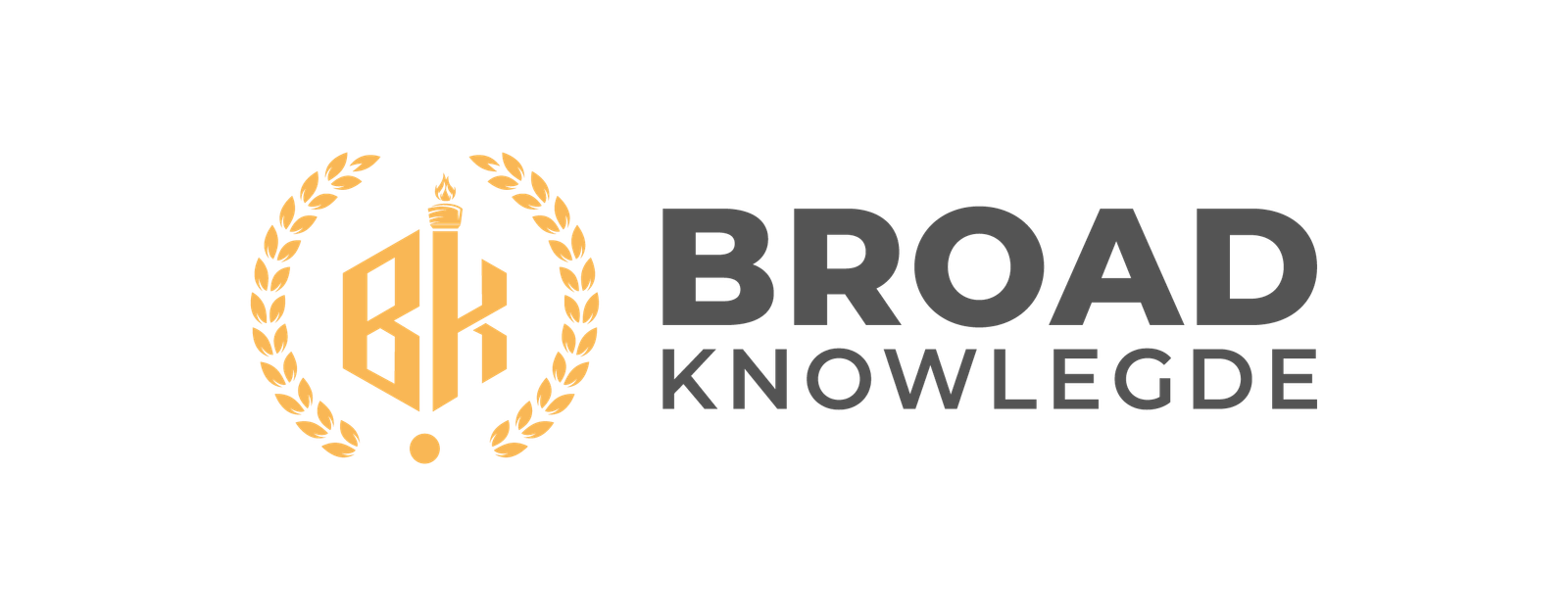
In today’s world, phone numbers from unknown sources have become increasingly associated with scams and telemarketing calls. If you’ve received a call from a number like 509-947-5918 and are wondering whether it’s a legitimate business or a potential scam, you’re not alone. Many individuals face a barrage of unwanted calls from unknown numbers, and it can be challenging to differentiate between legitimate services and fraudulent schemes.
This article explores common scams and telemarketing tactics, explains how to identify suspicious phone calls, and offers practical advice on what to do if you receive a call from 509-947-5918 or any other number you suspect might be linked to a scam.
Common Scams and Telemarketing Practices
1. The Robocall Scam
One of the most common types of scams associated with phone numbers like 509-947-5918 is the robocall scam. Robocalls are automated messages that often claim to be from legitimate companies, government agencies, or financial institutions. The goal is to trick you into providing personal information or making financial transactions.
A typical robocall scam may claim that:
- You have a refund or reward waiting.
- There’s an urgent issue with your bank account or tax filing.
- A prize or lottery has been won by you (even though you never entered).
How to Spot It: If the call is automated, asks you to press a button to speak to someone, or demands personal information like your Social Security Number, credit card details, or banking information, it’s likely a scam.
2. The IRS Tax Scam
Another common scam involves impersonators claiming to be from the IRS (Internal Revenue Service) or similar government bodies. The caller will tell you that you owe back taxes, and if you don’t pay immediately, they threaten legal action, fines, or even arrest.
How to Spot It: The IRS will never call you demanding immediate payment over the phone. They typically send formal notices through the mail before contacting you by phone. If a call demands payment over the phone or threatens immediate consequences, it’s a scam.
Also Read: Mastering Time Management: Essential Tips for Increased Productivity
3. The Prize or Sweepstakes Scam
If you receive a call from 509-947-5918 or a similar number telling you that you’ve won a prize or sweepstakes, be skeptical. These calls often claim that you’ve won a large sum of money, an exotic vacation, or even a car. The catch? To claim the prize, the scammer will ask you to pay taxes, shipping fees, or a registration fee upfront.
How to Spot It: If you didn’t enter a contest or sweepstakes, it’s likely a scam. Legitimate companies don’t ask winners to pay money upfront to claim a prize.
4. The Tech Support Scam
Tech support scams are designed to exploit the fears of computer users. The scammer may claim to be from a well-known company like Microsoft or Apple and say that your computer has been infected with malware or has a virus. To fix the issue, they’ll ask for remote access to your computer or request payment for unnecessary services.
How to Spot It: Be wary of unsolicited calls claiming to be tech support. Legitimate companies won’t call you out of the blue to inform you of a problem with your device.
5. Debt Collection Scams
Debt collection scams are another common tactic where scammers pretend to be collection agencies. They will claim that you owe money and demand immediate payment, often threatening legal action or arrest. They may also attempt to negotiate a settlement or ask you to pay via untraceable methods like gift cards or wire transfers.
How to Spot It: Legitimate debt collectors will provide written notice of debt and cannot demand immediate payment or use aggressive tactics over the phone.
How to Protect Yourself from Scams
1. Do Not Share Personal Information
Never share personal or financial information, such as your Social Security Number, credit card numbers, or banking details, over the phone unless you are absolutely certain about the legitimacy of the caller. Scammers often ask for this information to steal your identity or money.
2. Use Call Blocking Features
Many smartphones now have built-in features to block robocalls or unknown numbers. Additionally, there are apps available for both iPhone and Android that can help filter out scam calls, such as Nomorobo or Hiya. Consider using one of these apps for added protection.
3. Hang Up and Call Back
If the caller claims to be from a legitimate company or government agency, hang up and call back using the official phone number listed on their website. This ensures you’re speaking with the right person and not a scammer.
4. Look Up the Phone Number
If you’re unsure whether a phone number is legitimate, search for it online. There are several websites where people report scam numbers, such as WhoCallsMe or 800Notes. If 509-947-5918 is frequently reported as part of a scam, that’s a strong indication it’s not a legitimate call.
5. Don’t Engage with Scammers
If you answer a call and suspect it’s a scam, don’t engage with the caller. Hang up immediately. Engaging or trying to argue with scammers can sometimes lead to more harassment or attempts to manipulate you.
What to Do If You’ve Been Scammed
If you’ve already provided personal information to a scammer or fallen victim to a phone scam, it’s important to act quickly:
- Contact Your Bank: If you shared banking details or credit card information, contact your bank or credit card company immediately to report the fraud and freeze your accounts if necessary.
- Report the Scam: Report the phone number and the scam to the Federal Trade Commission (FTC) via their website. You can also file a report with your state’s attorney general or local consumer protection office.
- Monitor Your Credit: If you shared sensitive personal information, consider placing a fraud alert on your credit report and monitoring your credit for suspicious activity.
FAQ: Frequently Asked Questions
Q1: How can I tell if a call from 509-947-5918 is a scam?
A: If the call is unsolicited, asks for personal information, or threatens immediate legal or financial consequences, it’s likely a scam. It’s always best to hang up and verify the legitimacy of the caller by contacting the company or agency they claim to represent.
Q2: Can I block calls from 509-947-5918?
A: Yes, most smartphones have a feature to block specific numbers. You can also use third-party apps like Nomorobo or Hiya to block robocalls and suspected scam numbers.
Q3: What should I do if I receive a suspicious call from a number like 509-947-5918?
A: If the call seems suspicious, do not engage with the caller. Hang up immediately, and report the number to the FTC or other relevant authorities. You can also check online forums to see if others have reported similar calls.
Q4: How do I stop telemarketing calls?
A: You can register your phone number with the National Do Not Call Registry (for U.S. residents) to reduce telemarketing calls. However, this won’t stop calls from scammers or political organizations, charities, and survey companies.
Q5: Is it safe to call back a number like 509-947-5918?
A: It’s generally not safe to call back numbers that you don’t recognize. If you believe the call may be legitimate, do some research online to see if the number has been reported as a scam before calling it back.
Q6: Can I get my money back if I’ve been scammed?
A: It depends on the nature of the scam and how quickly you report it. If you’ve paid a scammer via credit card, contact your card provider to inquire about a chargeback. Unfortunately, recovering money from scams can be difficult, so it’s important to act quickly.
Conclusion
While phone numbers like 509-947-5918 can often be associated with scams or telemarketing, it’s important to stay vigilant and take steps to protect yourself. If you ever receive a suspicious call, don’t hesitate to hang up and do your research. By following the tips outlined in this article, you can reduce your chances of falling victim to phone scams and safeguard your personal information.







